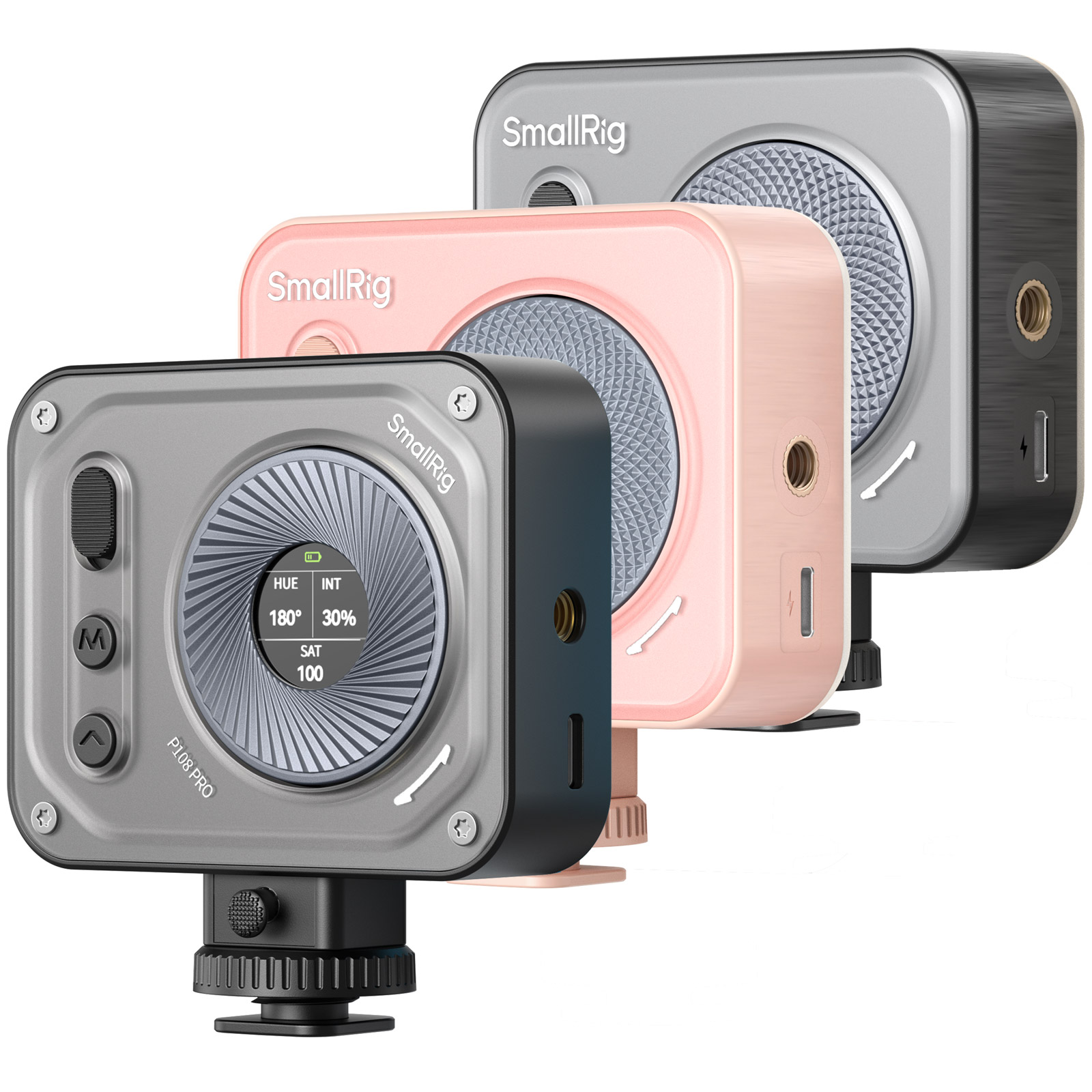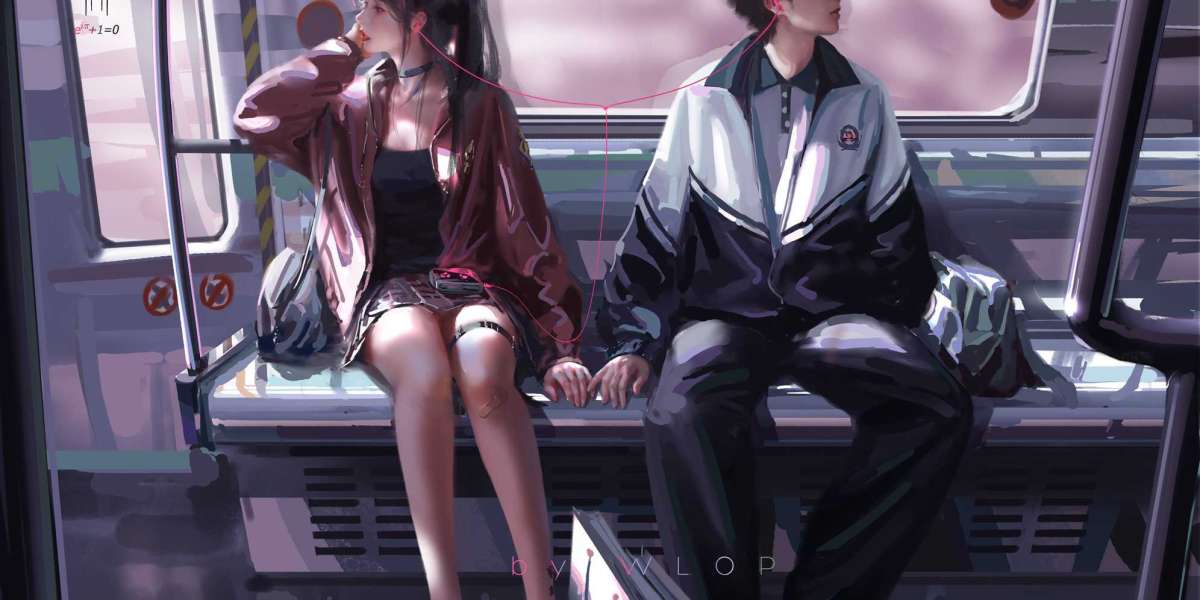Unlock Your Perfect Shot: Discover the Secrets of Camera Lighting Accessories!
Lighting is arguably the most crucial element in photography, significantly influencing the mood, tone, and feel of an image. Whether you are a budding photographer or a seasoned pro, understanding how to effectively use lighting can elevate your work to new heights. This is where camera lighting accessories come into play. These tools not only enhance the shooting experience but also allow you to manipulate light in ways that can transform an ordinary scene into something extraordinary. From softboxes that diffuse light to reflectors that bounce it back, the variety of lighting accessories available can have a profound impact on achieving the perfect shot. In this article, we will explore the different types of camera lighting accessories, their functions, and how to choose the right ones for your photography needs.

Understanding Camera Lighting Accessories
Camera lighting accessories are tools designed to manipulate, diffuse, and enhance light, allowing photographers to create the desired effect in their images. The basic principles of lighting revolve around the quality, direction, and color of light, all of which can dramatically affect the outcome of a photograph. Accessories like softboxes and reflectors complement camera equipment by providing additional light sources or modifying existing ones. They help photographers control shadows and highlights, making it easier to achieve the look they want. For instance, a friend of mine, who specializes in portrait photography, swears by his softbox setup, claiming it has made a world of difference in the way he captures skin tones and expressions.
Types of Camera Lighting Accessories
There are several types of camera lighting accessories, each serving unique functions. Understanding these can help you make informed decisions about which tools to incorporate into your photography arsenal. Here’s a closer look at some of the most popular options available:
Softboxes
Softboxes are a favorite among photographers for their ability to diffuse light, creating a soft, even illumination that minimizes harsh shadows. They come in various shapes and sizes, allowing for versatility depending on the shooting environment. Softboxes are particularly beneficial in portrait photography, where flattering light is essential. My friend often uses a large softbox when shooting family portraits, and the difference in the final images is evident—everyone looks more natural and relaxed.
Reflectors
Reflectors are another essential accessory that can manipulate natural light effectively. They bounce light back onto the subject, filling in shadows and creating a more balanced exposure. Reflectors come in different colors, such as white, silver, and gold, each producing a different effect on skin tones and overall warmth. One of my photography classes featured a session where we experimented with reflectors, and it was amazing to see how they transformed the lighting without needing additional equipment.
Diffusers
Diffusers serve the purpose of softening harsh light sources, making them more suitable for photography. By placing a diffuser in front of a light source, you can reduce the intensity of the light and create a more even distribution. This is particularly useful when shooting on sunny days, where direct sunlight can cause unflattering shadows. A colleague of mine uses a diffuser at outdoor events and swears by its ability to create a more pleasing ambiance in her photographs.
LED Panels
LED panels are gaining popularity due to their portability and adjustable color temperatures. They provide consistent lighting, making them ideal for video shoots and photography alike. The ability to change the color temperature allows photographers to match the ambient light conditions, ensuring that their images have a cohesive look. I remember attending a workshop where the instructor used LED panels, and the flexibility they offered was remarkable, especially in dynamic environments.
Choosing the Right Accessories for Your Needs
Selecting the appropriate lighting accessories can greatly enhance your photography, but it requires careful consideration of your specific needs. Different photography styles, such as portrait, landscape, or product photography, may require different types of lighting. For instance, portrait photography may benefit from softboxes and reflectors for flattering light, while product photography may need focused lighting to highlight details. Additionally, factors like budget, portability, and ease of use should influence your decision. A friend who frequently travels for shoots emphasizes the importance of lightweight and compact accessories, as they make it easier to set up in various locations without hassle.
Comparing Lighting Accessories: What to Look For
When evaluating different lighting accessories, there are key features to consider. Light output is crucial; ensure that the accessories provide adequate illumination for your specific needs. Color accuracy is another essential feature, as it affects how true-to-life your images will appear. Build quality matters too; durable materials will withstand the rigors of regular use. Lastly, versatility is important—look for accessories that can serve multiple purposes or be adjusted to fit different scenarios. Assessing these qualities can be done by researching user reviews, experimenting with rentals, or seeking advice from fellow photographers.
Maximizing Your Photography with the Right Lighting
Camera lighting accessories play a vital role in achieving the perfect shot, making them indispensable tools for photographers of all levels. By understanding the different types of accessories available and how they can enhance your work, you can make informed decisions that align with your photography style. Whether you're looking to soften harsh light, fill in shadows, or create dramatic effects, the right accessories can elevate your photography experience. Take the time to explore various options, consider your specific needs, and enjoy the creative possibilities that come with mastering lighting in your photography.






